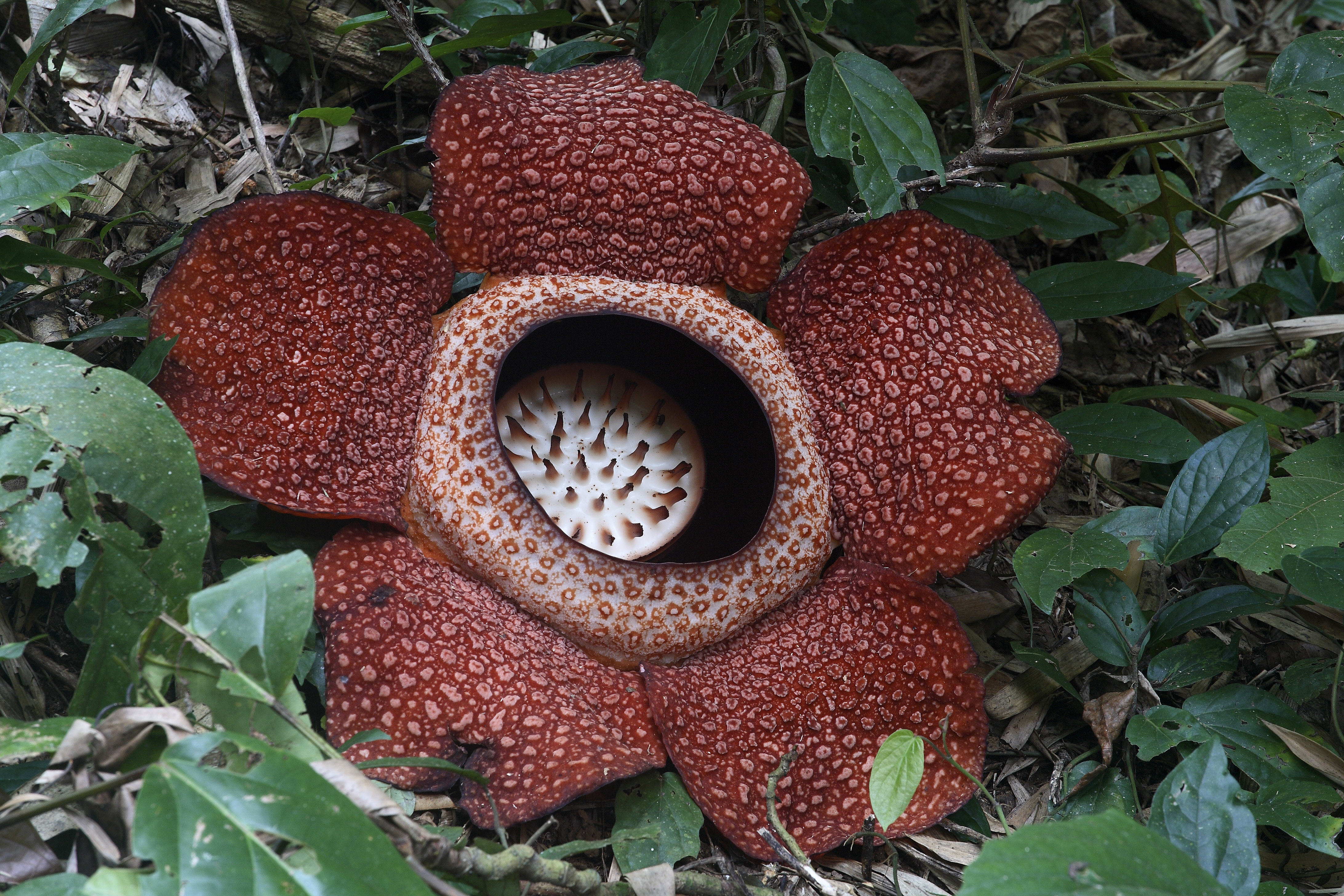Biologists launch beauty contest for parasites

Biologists at UHasselt have launched a beauty contest for parasites. Through an online survey, people can judge a selection of ten parasite species on various qualities, including their beauty and cuteness.
The short online survey shows participants ten pictures of parasite species and asks them to rate them on several parameters. There are no right or wrong answers, the biologists stress, as they are interested in people's opinions.
With the beauty contest, the biologists from the university's centre for environmental sciences want to capture the public's perception of parasites. They are doing this to help better protect them, as parasites are one of the largest groups of organisms on earth and are crucial to our ecosystem.
Extinction threat
Parasites regulate populations worldwide, are an important part of biodiversity and a good indicator of ecosystem health. "But the global population of parasites is not doing well," said biologist Dr Tiziana Gobbin. An estimated 30 per cent of the world's parasites will be threatened with extinction by the end of this century.
"Ignoring the fate of parasites is tantamount to ignoring more than half of all biodiversity"
Many parasite species may even go extinct before they are discovered and described, Gobbin said. "Ignoring the fate of parasites is tantamount to ignoring more than half of all biodiversity."
Informing wildlife policy
"The survey takes just a few minutes to complete and will give us important information about public perceptions of parasite species," Gobbin said. The first-ever survey of people's perceptions of parasites, available in several languages, will help inform wildlife policy and conservation.
The survey is an offshoot of the World Archives of Species Perception project, which has developed a citizen science approach to better understand how people view animals and plants. Participants will also be given the chance to help name four newly discovered parasite species.
#FlandersNewsService | Rafflesia arnoldii, or stinking corpse lily, a parasitic plant species that produces the largest single flower in the world © PHOTO BRIDGEMAN
Related news

